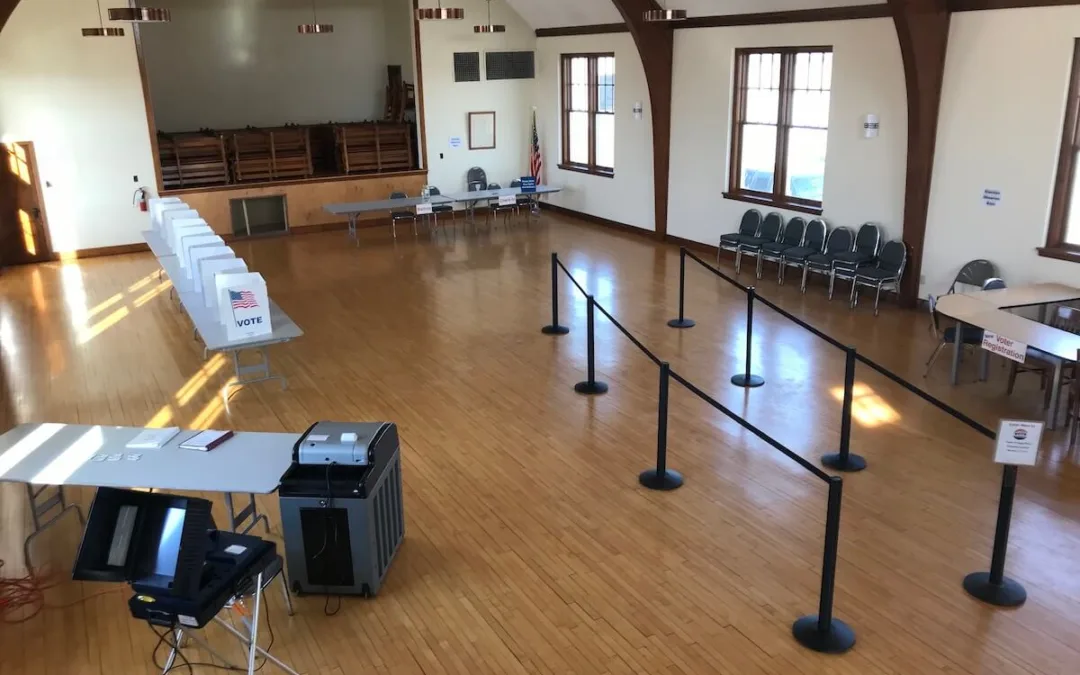
The proposed regulation would require employers to pay overtime to their salaried workers who are in executive, administrative, and professional roles, and make less than $1,059 a week, or $55,068 a year for full-time employees. (AP Photo/Michael Wyke, File)
The Biden administration on Wednesday proposed a new rule that would make 3.6 million more American workers eligible for overtime pay.
The new proposal from the US Department of Labor would require employers to pay overtime to their salaried workers who are in executive, administrative, and professional roles, and make less than $1,059 a week, or $55,068 a year for full-time employees.
Under the existing standards put in place by former president Donald Trump, only workers earning up to $35,568 are guaranteed overtime pay.
This proposed regulation revives an Obama-era effort that was ultimately struck down in court after it faced pushback from both Republican lawmakers and business leaders. In recent years, however, labor groups and more liberal lawmakers have advocated for reforms to expand the pool of workers who qualify for overtime pay.
The Economic Policy Institute estimates that about 15% of full-time salaried workers in the United States are entitled to overtime pay under the Trump-era policy, while the Labor Department projects that this new rule would almost double that figure to nearly 30%.
“For over 80 years, a cornerstone of workers’ rights in this country is the right to a 40-hour workweek, the promise that you get to go home after 40 hours or you get higher pay for each extra hour that you spend laboring away from your loved ones,” Acting Secretary Julie Su said in a statement on Wednesday. “I’ve heard from workers again and again about working long hours, for no extra pay, all while earning low salaries that don’t come anywhere close to compensating them for their sacrifices.
“Today, the Biden-Harris administration is proposing a rule that would help restore workers’ economic security,” Su continued. “Workers deserve to continue to share in the economic prosperity of Bidenomics.”
The proposal would have the greatest impact on workers in the retail, food, hospitality, and manufacturing industries. For example, 300,000 of the 3.6 million workers affected would be retail workers, and another 300,000 would be manufacturing workers. Some 180,000 hospitality and leisure workers and 600,000 health and social service workers would also be newly covered.
This rule would also benefit some of the nation’s most vulnerable workers: women, people of color, and workers without college degrees—demographic groups that are highly represented in those jobs.
In another major change, the proposed rule would use wage data to implement automatic updates to the salary level for overtime eligibility every three years. The rule would also help ensure that more low-paid salary workers and workers in US territories receive overtime protections.
Labor advocates have already started praising the proposed rule.
Liz Shuler, president of the AFL-CIO, called the measure a “victory for the working people.” She said employers that don’t want to pay overtime “instead could take the high road and hire additional staff or promote workers from part-time to full-time status.”
The rule now enters a 60-day comment period before it is finalized.

Trump’s ‘Big Beautiful Bill’ is ugly for Wisconsin. Republicans voted for it anyway.
After vowing not to cut “a nickel” from benefits Wisconsin GOP House members vote for punishing cuts to food benefits and health care. All of...

A third of parents are putting career plans on hold due to the cost of childcare—even here in Wisconsin
When Elisha Aguilar began looking for childcare for her toddler in San Antonio, it wasn’t as easy as calling up a few daycares and taking tours....

Election 101: If you’ve tuned out until now, here’s what to know for April 1
Wisconsin goes to the polls to decide control of the state Supreme Court and determine who’s in charge of schools—plus a constitutional referendum,...

The real reason Trump made English our official language
"Sorry, we can't understand you." That phrase is becoming more and more common on national phone lines after Donald Trump decided to make English...




